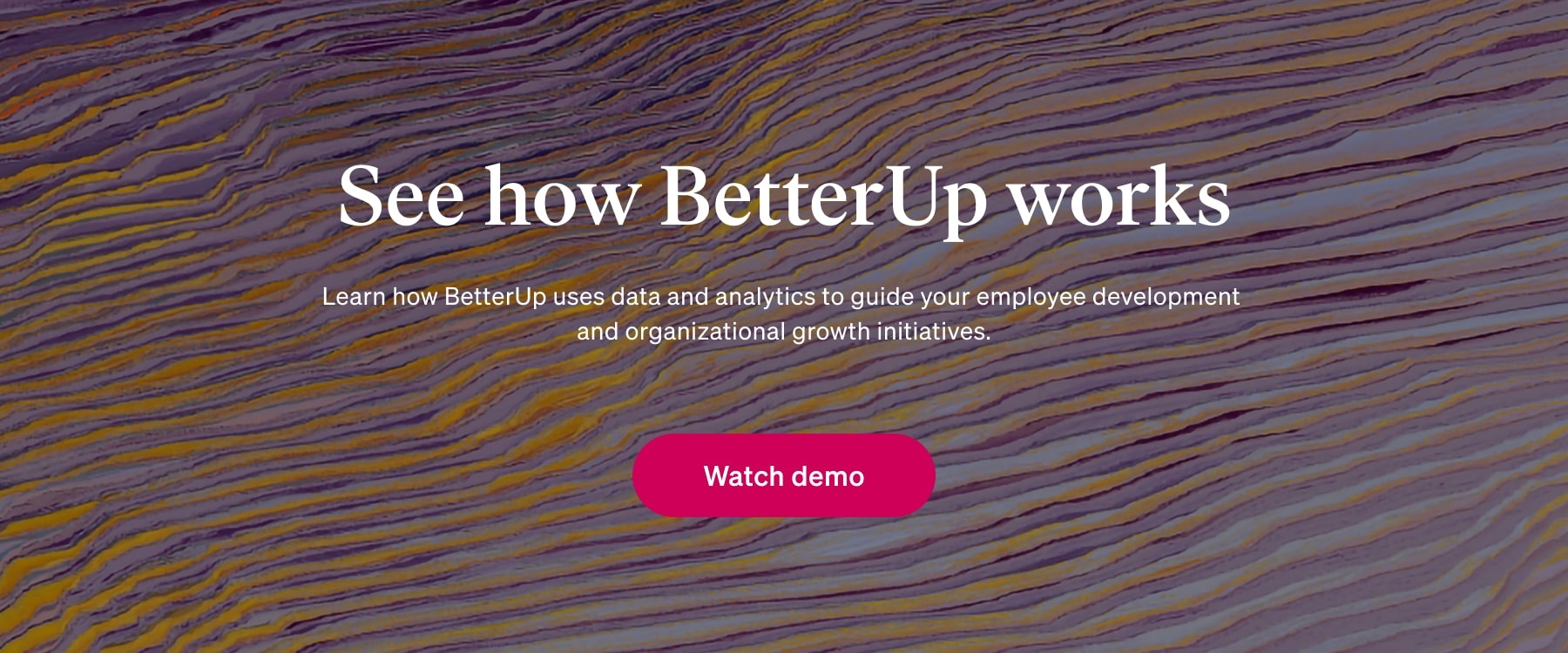-
For Business
For Business
Products
LeadBuild leaders that accelerate team performance and engagement.
Care™Drive productivity through sustained well-being and mental health for all employees with BetterUp Care™.
Solutions
Sales PerformanceTransform your business, starting with your sales leaders.
Diversity & InclusionFoster a culture of inclusion and belonging.
Customers
Case StudiesSee how innovative companies use BetterUp to build a thriving workforce.
- For Individuals
-
Resources
Resources
LibraryBest practices, research, and tools to fuel individual and business growth.
EventsView on-demand BetterUp events and learn about upcoming live discussions.
BlogThe latest insights and ideas for building a high-performing workplace.
ResearchInnovative research featured in peer-reviewed journals, press, and more.
- About

I want to belong. It is human to feel that desire in all aspects of my life: work, home, my social circles. In fact, not just wanting to belong but needing to belong is human. Belonging — feeling part of a group that accepts, likes, and cares for you — goes way back, and is deeply rooted in the survival instincts of our species, because banding together allowed us to build shelters, hunt for food, and stay protected from predators.
As societies rose and fell, belonging has become more and more an integral part of how we build successful relationships, find happiness, and navigate our personal and professional worlds. When we don’t feel we belong, it is deeply painful. We don’t feel like anyone has our back, and we don’t contribute to our full potential.
Historically, feelings of belonging have been driven largely by strong social connections to others in our groups. Whether it be a coffee chat or working together on a shared project, there is no denying the crucial role in-person collaboration played on belonging. But now that COVID-19 has pushed relationships remote and created more isolation, the impact on belonging is profound — especially in the workplace.
BetterUp Labs has found that employees who feel excluded experience 25% loss in performance and are 50% greater risk of turnover. In the time of remote work and social distancing measures, what does belonging look like, and how do we foster it? BetterUp Labs set out to understand how the drivers of belonging have shifted in a pandemic reality.
What the data say
Through our research on thousands of employees across the globe, we have seen that a high sense of belonging is predicted by a specific set of individual skills.
Before the pandemic, the top three predictors of a high level of belonging were skills in the following:
- Social Connection
- Emotional Regulation
- Authenticity
In essence, before the pandemic, those who remained close and engaged with people, didn’t let emotions get the best of them, and allowed people to know them personally, tended to feel the greatest sense of belonging.
It’s no surprise that COVID-19 affected how we communicate and relate to others at work. Since the pandemic, the drivers that predict high belonging have shifted to:
- Relationship Building
- Social Connection
- Self-compassion
Today, individuals with the highest belonging are good at building relationships by taking a genuine interest in others and showing care and concern for them personally. They aren’t letting physical distance mean emotional distance. They are putting thought and effort into relationships. And in times of great challenge, with a contentious macro-environmental backdrop, those with the highest belonging are accepting themselves and regarding themselves as worthy. In sum, what is driving belonging today is a healthy state of relationship to others and to self.
These data show that to belong, we don’t need to be a model of perfect emotional control — who is these days? But rather, to belong, we need to show care and concern for others and care and concern for ourselves. To be accepted by others, we have to first accept ourselves.
Why it matters
What’s compelling about the idea of individual skills like relationship building, social connection, or mindsets of self-acceptance driving belonging is that this lens shifts agency to the individual. We can help ourselves reach higher levels of belonging, just as organizations can help create environments and leaders that foster belonging. By supporting individuals in building the skills to better relate to others, our teams, and ourselves, organizations can help each individual carve a personal pathway to belonging. And in a post-COVID new normal, that feels very reassuring.
Erin Eatough, PhD
Sr. Insights Manager





